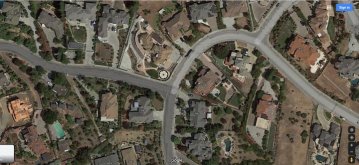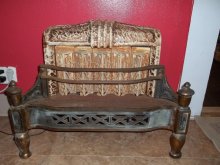most p[eople want to get that govco monkey of off their back, in 2017 they shut us of for not accepting smartmeter and not paying the nonsmartmeter extortion fee, living in a city is the norm, so hearing people "get out of city" makes me shake my head, not like all 330 million people can just pick up and go to some amazing paradise. where the running water is not owned by govco, or the land is "agenda21-2030" do not enter . and being over 50 its not easy to go live somewhere in the booneys. so i too have to look at watt [lol pun] i can do. and yah off grid is 100 times more expensive, not to mention a huge learning curve, and you got to be a handy man/woman. also what happens if this made in China junk burns your place down?, and insurance says to bad after paying them for 50 years?
so this guy is correct in looking at it, its a minimum 10k$, but the worst part is finding out what is junk and what is decent, and its ALL made in China [no wonder amerika is going down the poopshute] as a conclusiion , reason i like wills videos, he shows you the decent stuff, and how to put it all together, BUT as i type this, the new 5k inverters, drained the batteries [8 of 6v golf cart in 12v config] from 13.8 [midnight 150] to 11.3 just to test the oil heater to see if that would work for the old 89 to be warm from october to may... hmm guess next thing is to see how many LiFePo$$ is going to take to power that,a light and a radio just to keep her confortable in her room. but as for my small 3k/day is another story... so yah trying to get of grid is NOT for the peasants living here north of the invisible border.




